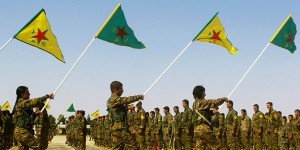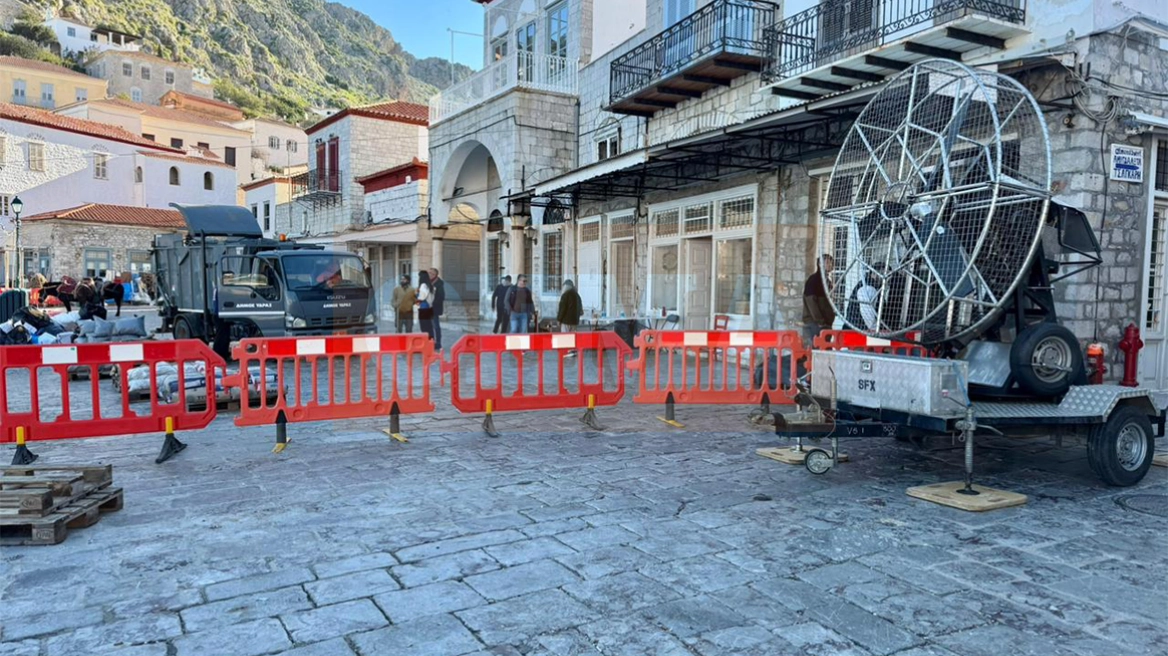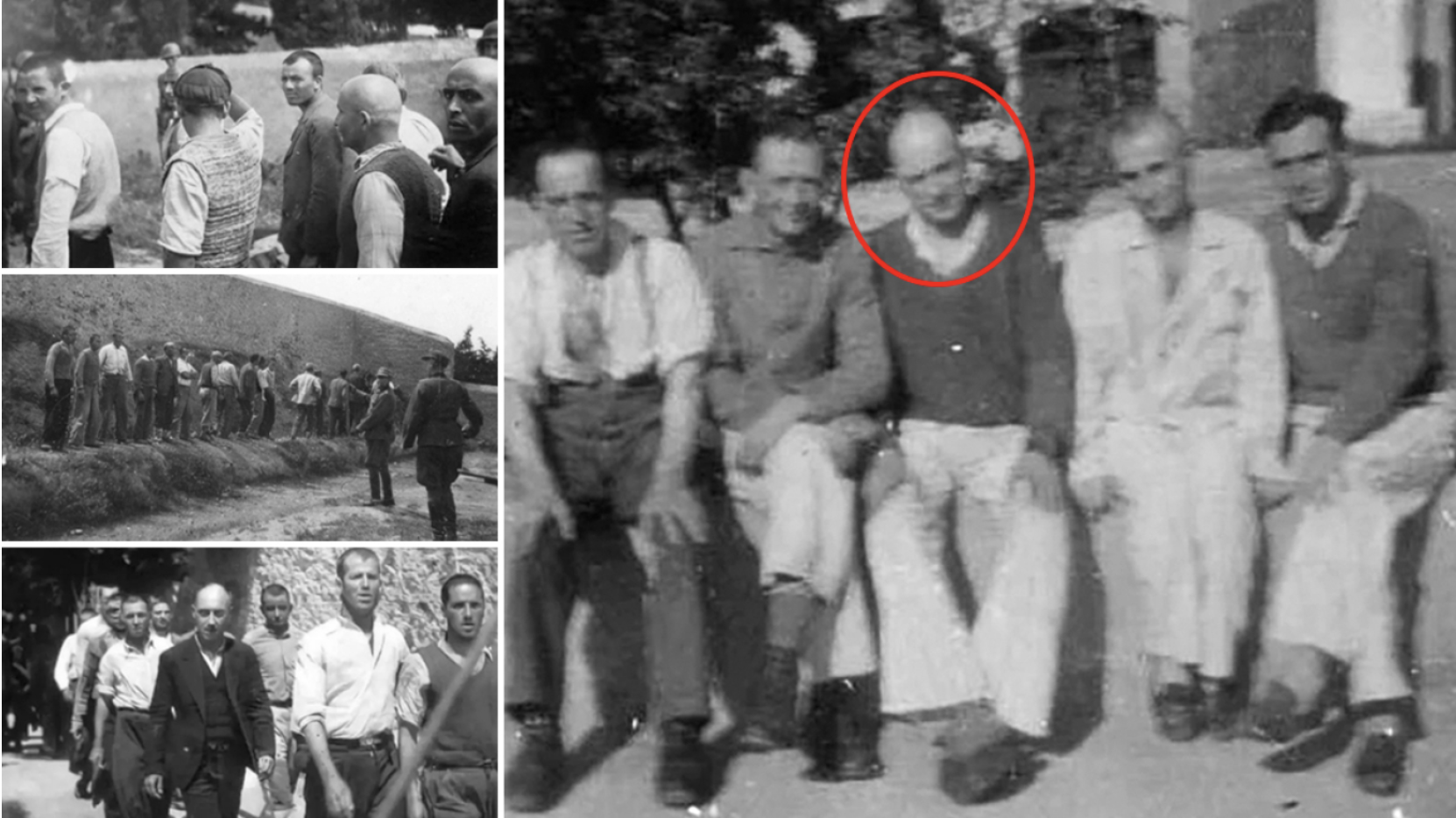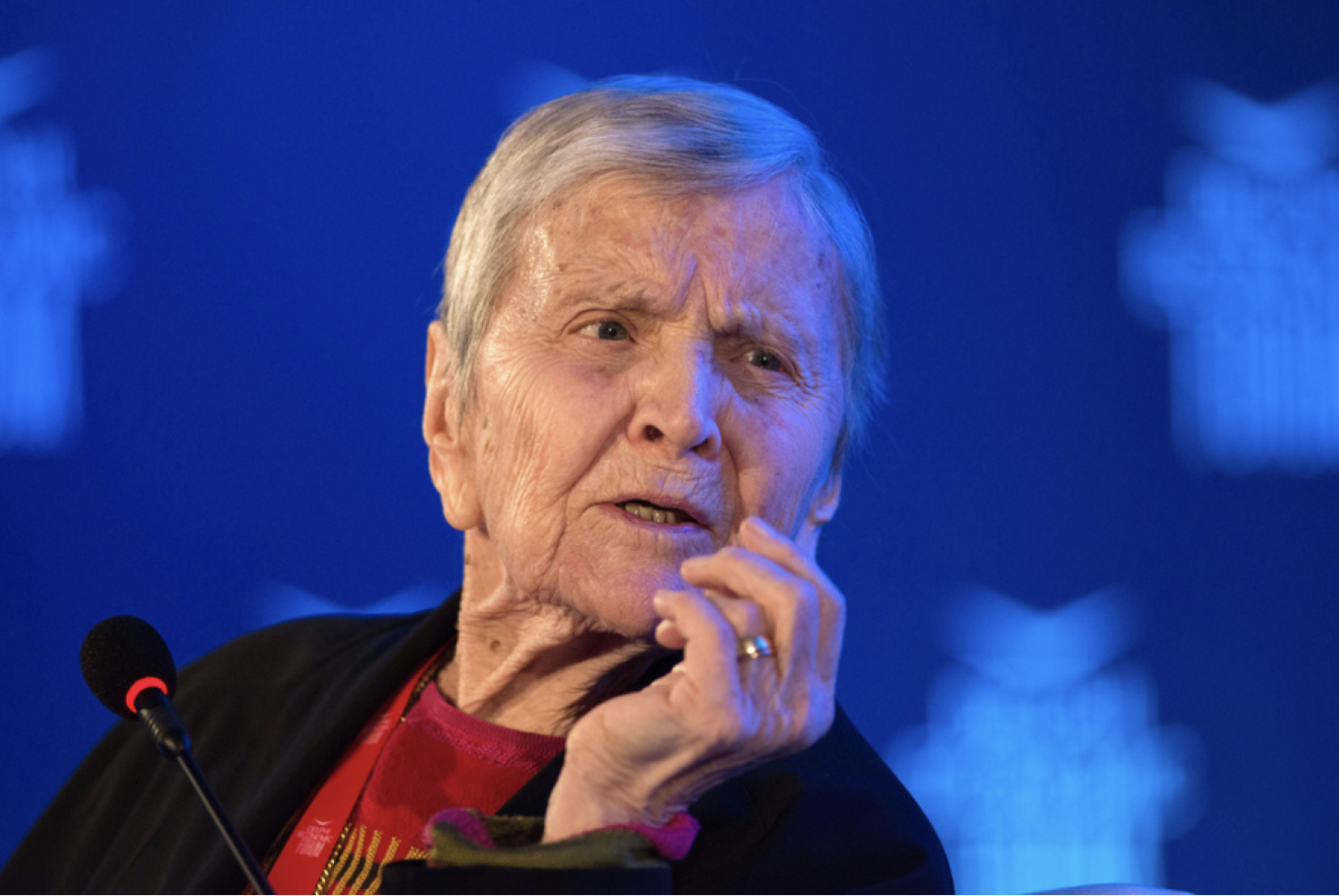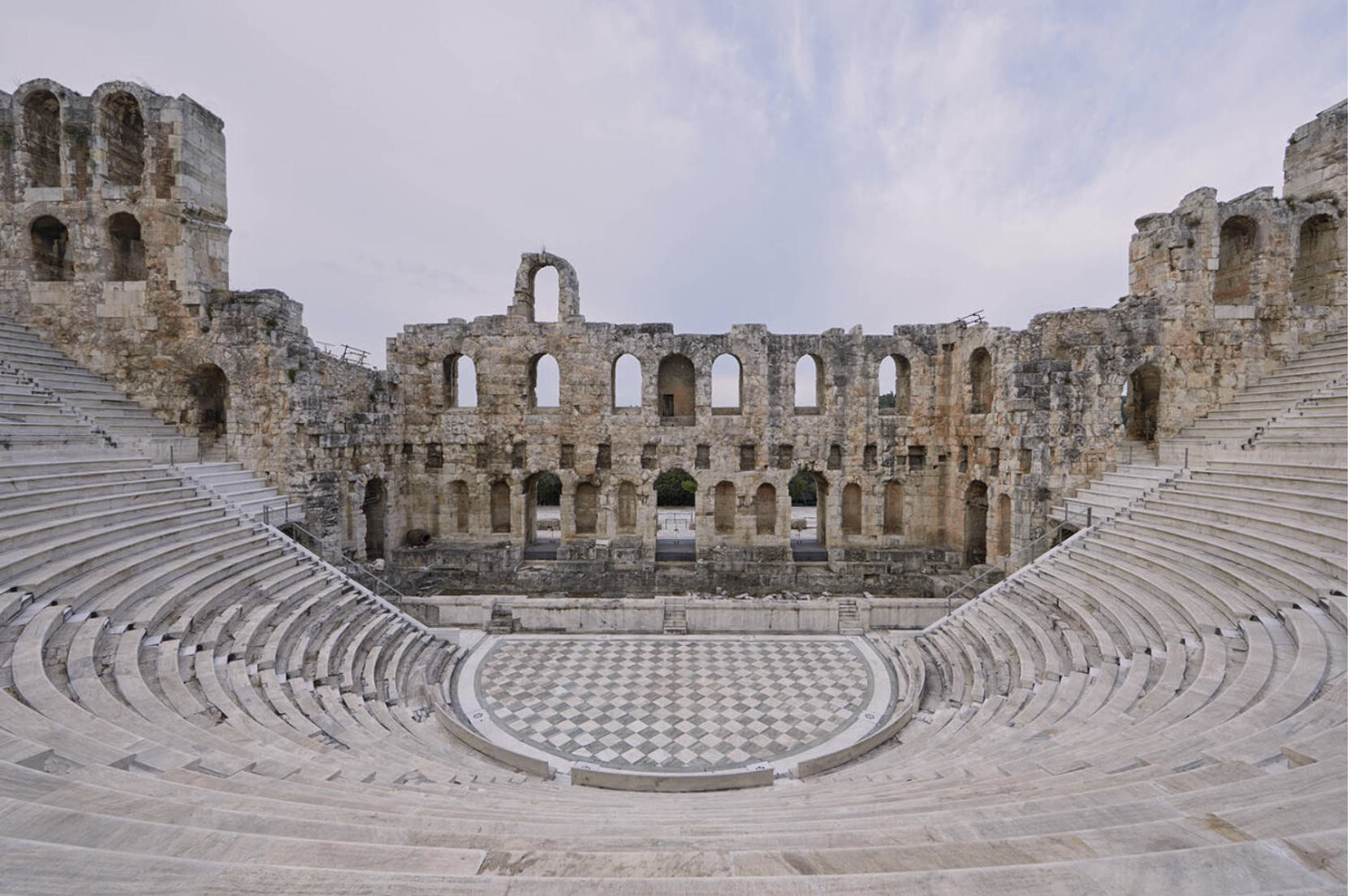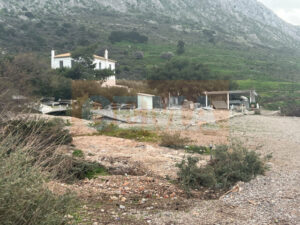The Trump administration is ready to press ahead with a U.S.-backed military offensive to evict the Islamic State from its last remaining urban stronghold in the Syrian city of Raqqa over strong objections from Turkey.
President Donald Trump is expected to inform his Turkish counterpart, Recep Tayyip Erdogan, of the U.S. plans when he visits the White House later this month.
The long-delayed operation, based on an Obama administration-drafted plan that gives a leading role to Kurdish forces in the operation, will likely move forward in earnest after Erdogan’s visit, defense officials told Foreign Policy.
U.S. Central Command has sent a request to Defense Secretary Jim Mattis to authorize arming Syrian Kurdish forces for the Raqqa offensive, several officials said. Once Mattis signs off on the request, President Trump must give the plan his blessing to clear the way for the offensive. Officials and experts said Trump will almost certainly approve the plan put forward by commanders.
The offensive will depend on a mixed force of Kurdish and Arab fighters backed by U.S. air power and artillery. Trump inherited the blueprint for pushing the Islamic State, also known as ISIS, out of Raqqa from the prior administration. The Obama team had concluded that the Syrian Kurdish troops represented the only viable force on the ground that could capture Raqqa without resorting to deploying a large number of U.S. conventional troops. Turkey vehemently opposes the idea of Kurdish fighters liberating an Arab city, however.
In the closing days of the Obama administration, the Pentagon made a similar request to arm the Kurds for a Raqqa operation but President Barack Obama decided it was too big a step to take so close to Trump entering office, especially given Turkey’s stance.
Senior officials in the Obama administration and military officers briefed Trump’s aides on the plan days before he was sworn in and urged them to move quickly with the operation.
“We viewed this as a high priority and one of the top national security issues in our transition discussions,” said one former White House official, who spoke on condition of anonymity. But the Trump White House chose to hold off and has been conducting a review of war strategy since January, despite the president’s vows to defeat Islamic State “quickly.”
Ankara, in the meantime, has lobbied Washington to pursue a different approach that would rely on Turkish troops deployed in Syria and a largely untested Arab force, the Syrian Free Army. But U.S. officials “have explored what Turkey had to offer and found that it did not have that much to contribute militarily,” said Linda Robinson, an analyst at the Rand Corporation who has advised American forces and recently returned from a visit to Syria with U.S. commanders.
During the Obama administration, senior officials also came away unimpressed with Turkey’s proposals.
Despite Turkey’s misgivings, the Trump administration has concluded that including Syrian Kurdish forces in the lead represents the only realistic way to push the Islamic State out of Raqqa, which the group has referred to as the capital of its “caliphate.” But to avoid aggravating relations with Ankara, the White House and the Pentagon chose to postpone any decision on Raqqa until after Turkey held its referendum last month, officials said.
Tensions between Washington and Ankara have been running high since a failed July 2016 coup attempt, when a group of military officers attempted to overthrow Erdogan. The crackdown that followed the coup, which included sweeping purges of the Turkish military, government and universities, dismayed the Obama administration and the European Union. In an effort to build domestic support for its embattled leader, the Turkish government and some of its allies initially floated the idea that U.S. military leaders were part of the plot.
Turkish warplanes also struck Kurdish forces in northern Syria late last month, killing 18 of the U.S.-backed fighters in a raid that occurred less than six miles from where American forces were based. The attack prompted the Pentagon to send another detachment of U.S. Army Rangers to the border as a buffer between the Kurds and Turkish forces.
Last week, the commander of U.S. European Command, Gen. Curtis Scaparrotti, told his Turkish counterpart Gen. Hulusi Akar that the strikes were dangerous, because Ankara gave U.S. forces less than an hour’s notice before the bombing began.
On Wednesday, one of Erdogan’s advisors suggested that the Americans could be struck by Turkish missiles, comments he quickly walked back the next day. Pentagon spokesman Eric Pahon told FP the comment was “irresponsible and unacceptable.”
The angry words and the Turkish air strikes on Washington’s Kurdish allies in Syria underscore the risks of going ahead with the plan to take Raqqa, and the fragile state of U.S.-Turkish relations. The tensions will require delicate diplomacy to reassure Ankara, which fears the Kurds have been promised a possible independent state on Turkey’s southern border.
After months of training efforts, U.S. commanders are pinning their hopes on the mixed Kurdish-Arab contingent — known as the Syrian Democratic Forces — to take Raqqa. Ankara considers the Syrian Kurdish fighters to be aligned with the Kurdish PKK, which it regards as a terrorist group, and paints them both with the same brush. Washington, however, makes a distinction between the two groups.
At this late stage, U.S. officials are reluctant to scrap their plan and entertain a major role for forces trained by Turkey. One Pentagon official said that although the U.S.-trained forces are mixed, the Kurds occupy almost all of the leadership positions. Any move to introduce the Turkish-backed militias would complicate the operation, as the Turkish-backed force has previously attacked the Kurdish fighters in northern Syria.
U.S. military officers say that Washington will ensure that Kurdish forces will not operate unilaterally or be allowed to rule over Raqqa once the Islamic State is forced out. They also say they are looking at options including rationing ammunition to Kurdish troops to allay Turkish concerns about a Kurdish militia stockpiling U.S.-supplied weapons to create an independent state.
Lt. Gen. Stephen Townsend, commander of U.S. forces in Iraq and Syria, has played down the risk of Kurdish troops altering the ethnic composition of Raqqa, and emphasized that the forces taking part in an eventual assault will draw from different ethnic communities.
“I don’t think we’re going to change the demographics of Raqqa by Kurds or Turkmen or any group participating in the operation. But I expect that probably all types of Syrians in northern Syria will participate in the liberation of Raqqa,” Townsend told reporters last month.
The fight for Raqqa promises to be long and difficult. While smaller and less dense than the Iraqi city of Mosul, all indications are that the Islamic State is preparing to use the same tactics that have slowed Iraqi army operations around Mosul down to a bloody, house-by-house crawl.
Similar to defenses erected in Mosul, Islamic State militants have built an elaborate network of tunnels, berms and booby traps to defend Raqqa, Pentagon officials said. “We think that that’ll be a very dangerous and difficult battle when it does begin,” Col. John Dorrian, spokesman for U.S.-led forces in Iraq and Syria, told reporters earlier this week.
Iraqi forces fighting to take Mosul have already suffered heavy casualties. After launching the offensive in October 2016, Iraqi forces are still fighting to clear out the Islamic State from western sections of the city, despite hundreds of U.S. airstrikes.
But U.S. military commanders believe they have the Islamic State in a vulnerable position and that moving on Raqqa while the militants are on the retreat in Mosul and elsewhere could strike a major blow against the group.
While the U.S. military’s top brass argues that moving sooner rather than later is vital to maintain momentum against the Islamic State, they also cite the potential terrorist threat posed by Raqqa.
U.S. and European governments fear a possible terrorist attack against Western targets being hatched in Raqqa, which has been a haven for the Islamic State. Although some Islamic State fighters have already fled the city, U.S. intelligence agencies believe the Islamic State is still planning terrorist attacks or “external operations” and that retaining control of Raqqa remains a vital part of the group’s propaganda message, officials said.
“Raqqa still represents an important center of gravity for ISIS, including external operations,” a U.S. intelligence official, who was not authorized to speak on the record, told FP.
Ask me anything
Explore related questions
